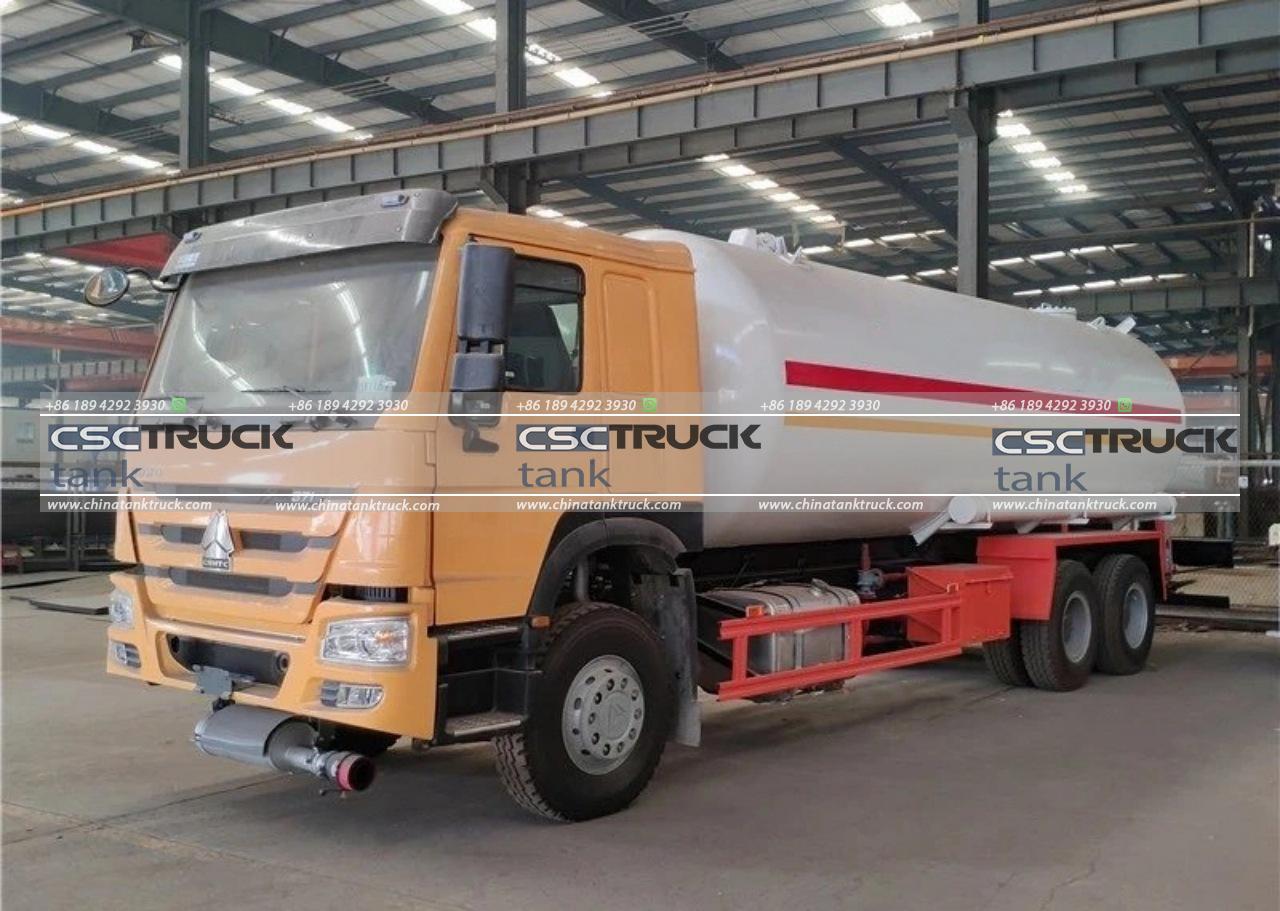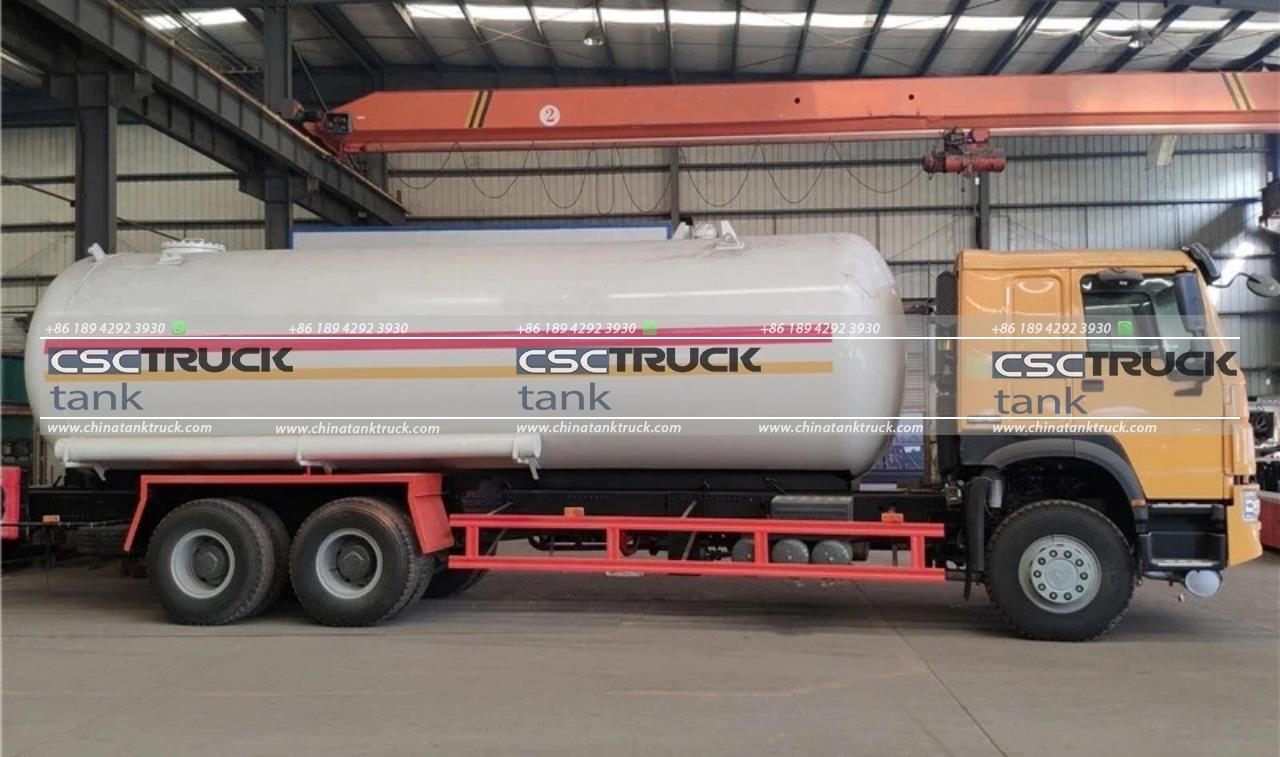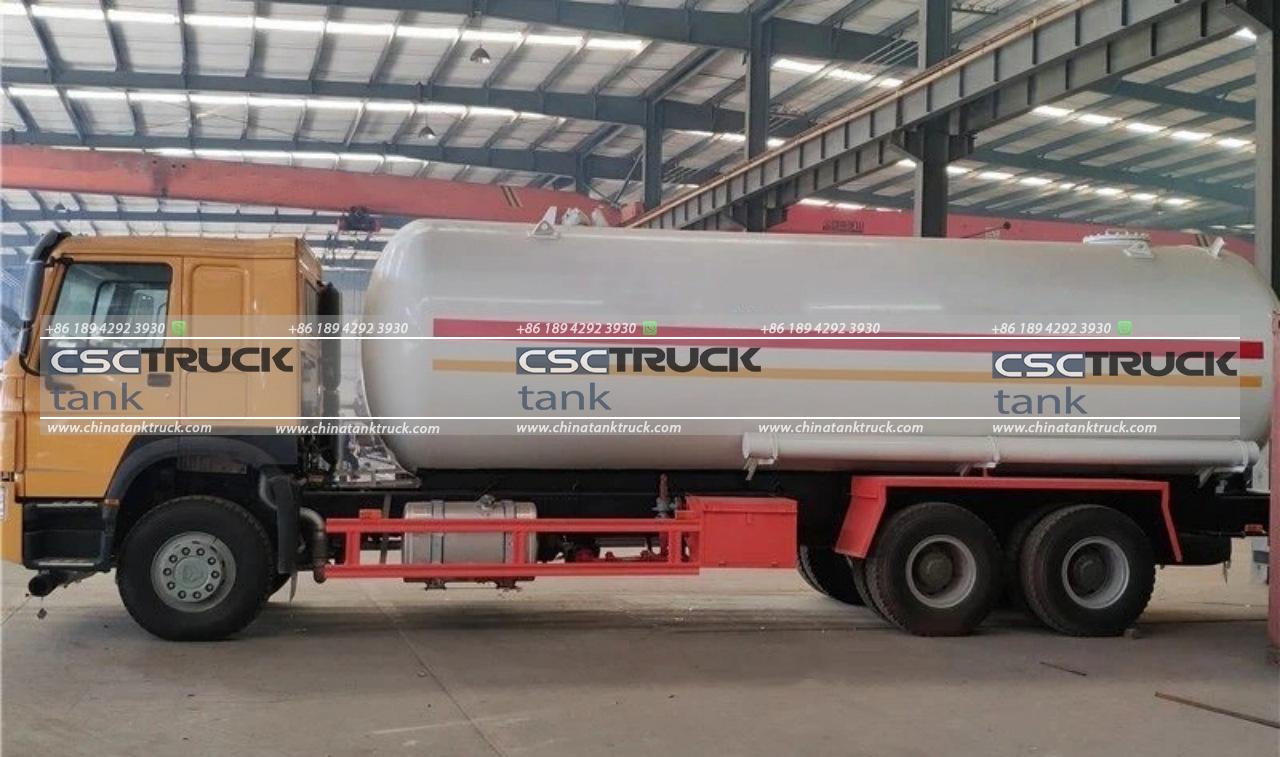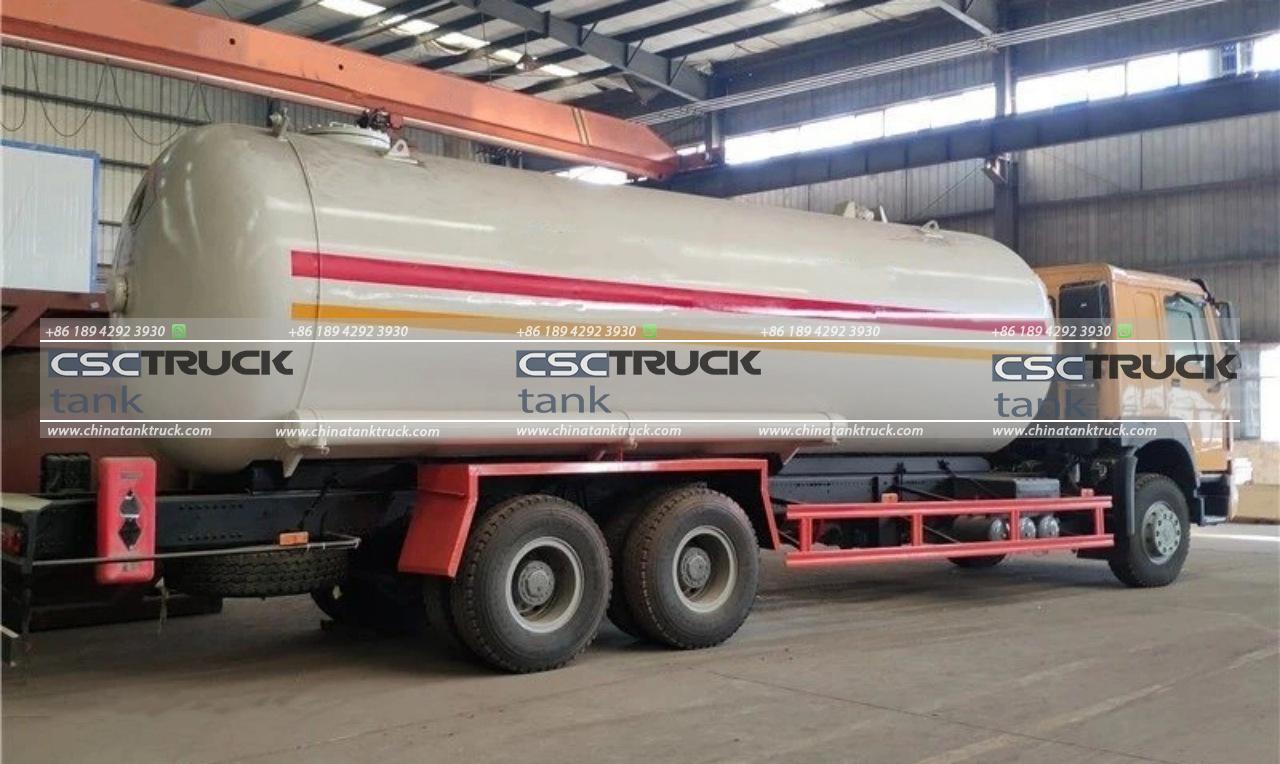How Long Can LPG Be Stored?
Liquefied Petroleum Gas (LPG) is a widely used fuel with applications ranging from domestic cooking to industrial heating and automotive use. It is prized for its efficiency, portability, and relatively low environmental impact compared to some other fossil fuels. However, questions about the longevity of LPG storage frequently arise, particularly for users who stockpile it for emergencies or seasonal use. Understanding how long LPG can be safely and effectively stored involves exploring its chemical properties, storage conditions, and potential degradation factors.
The Chemical Stability of LPG
LPG is a mixture of hydrocarbon gases, primarily propane and butane. These compounds are chemically stable under normal conditions, which makes LPG highly resistant to degradation over time. Unlike liquid fuels such as gasoline or diesel, LPG does not oxidize or form gums and sediments when stored for extended periods. This stability is one of the primary reasons LPG is often favored for long-term storage.
Key Properties Contributing to Stability:
- Non-reactive Nature: Propane and butane do not readily react with oxygen or moisture, minimizing the risk of chemical degradation.
- Pressurized Containers: LPG is stored under pressure in liquid form, which further limits exposure to air and contaminants.
- Low Water Solubility: The minimal interaction with water reduces the risks of corrosion and contamination.
Storage Lifespan of LPG
In ideal conditions, LPG can be indefinitely stored without losing its efficacy. However, practical storage conditions may introduce challenges that can affect its usability or safety over time.
Factors Affecting Storage Lifespan:
- Tank Integrity
- LPG tanks and cylinders are designed to withstand high pressure and are coated to resist rust and corrosion. However, over long periods, external environmental factors like humidity and salt air can cause the tank to degrade, potentially compromising its integrity.
- Regular inspections are necessary to ensure the tank remains in good condition.
- Leakage
- Over time, valves and seals on LPG cylinders may wear out, leading to slow leaks. Even small leaks can deplete the stored LPG over several years.
- Conduct regular leak tests using soapy water to detect any escaping gas.
- Regulatory Limits
- Some jurisdictions impose limits on the duration of LPG storage for safety reasons. For example, propane tanks may be required to be recertified after 10 to 12 years from the manufacturing date.
- Temperature Extremes
- Extreme heat can increase the pressure inside the tank, while severe cold can affect the flow of LPG. While these changes do not degrade the fuel itself, they can affect storage safety and usability.
Practical Storage Tips for Prolonged Shelf Life
While LPG is inherently stable, taking certain precautions can ensure its safe and efficient storage for decades:
1. Use Approved Containers
Always store LPG in certified tanks or cylinders designed to withstand high pressure. Never transfer LPG to an unapproved container, as this can lead to leaks or explosions.
2. Store in a Cool, Dry Place
Avoid direct sunlight or exposure to heat sources. Prolonged exposure to high temperatures can increase internal pressure, activating safety valves and causing gas release.
3. Periodic Inspections
- Check tanks and valves for signs of wear, corrosion, or damage.
- Test the functionality of safety mechanisms, such as pressure relief valves.
4. Protect Against Corrosion
- For tanks stored outdoors, ensure they are elevated off the ground to prevent rust from moisture.
- Use protective coatings or enclosures for added durability in harsh environments.
5. Rotate Stock
If you are maintaining a stockpile, use the oldest cylinders first to ensure regular turnover. This practice helps mitigate any potential issues related to aging components like valves.
Safety Considerations for Long-term Storage
While LPG itself does not deteriorate, the safety of its storage should always be a priority. Improper handling or storage can lead to leaks, explosions, or toxic exposure.
Common Hazards:
- Leaks
- LPG is heavier than air, which means it can accumulate in low-lying areas, creating a fire or explosion hazard. Always store tanks in well-ventilated spaces.
- Improper Tank Maintenance
- Failure to inspect tanks and valves regularly can lead to undetected damage, increasing the risk of accidents.
- Expired or Non-compliant Cylinders
- Ensure that cylinders are recertified according to local regulations and replaced when necessary.
Does LPG Quality Change Over Time?
While LPG itself remains chemically stable, its performance may be indirectly affected by external factors:
- Contamination
- Moisture or dirt entering the tank can compromise the quality of the fuel. This is more common in poorly maintained or older tanks.
- Odorant Fading
- LPG is typically infused with an odorant (e.g., ethyl mercaptan) to make leaks detectable. Over very long periods, this odorant may fade, reducing its effectiveness as a safety feature.
Emergency and Seasonal Storage
LPG is commonly stored for emergencies or seasonal use, such as for heating during winter or powering backup generators. Here are some specific considerations for these scenarios:
Emergency Storage
- Use smaller portable cylinders for easy transport and replacement.
- Regularly test the equipment and connections to ensure functionality when needed.
Seasonal Storage
- Before prolonged storage, ensure all equipment is clean and functional.
- Check for any regulatory requirements regarding seasonal tank maintenance.
Recertification and Replacement
Even though LPG remains stable indefinitely, tanks and cylinders are subject to wear and tear over time. Most countries require periodic recertification of LPG containers to ensure safety.
- Residential Cylinders
- Recertification is typically required every 10 to 12 years.
- Bulk Storage Tanks
- Industrial and commercial tanks may have more stringent inspection and maintenance requirements.
Conclusion
LPG is an exceptionally stable fuel that can be indefinitely stored under proper conditions. Its chemical properties resist degradation, making it an ideal choice for long-term energy storage. However, the integrity of storage containers and adherence to safety practices are crucial to maintaining their usability and preventing accidents.
For individuals and businesses relying on LPG for energy security, routine inspections, compliance with regulations, and safe storage practices are essential. With the right precautions, LPG can provide a reliable and efficient energy source for decades to come.





